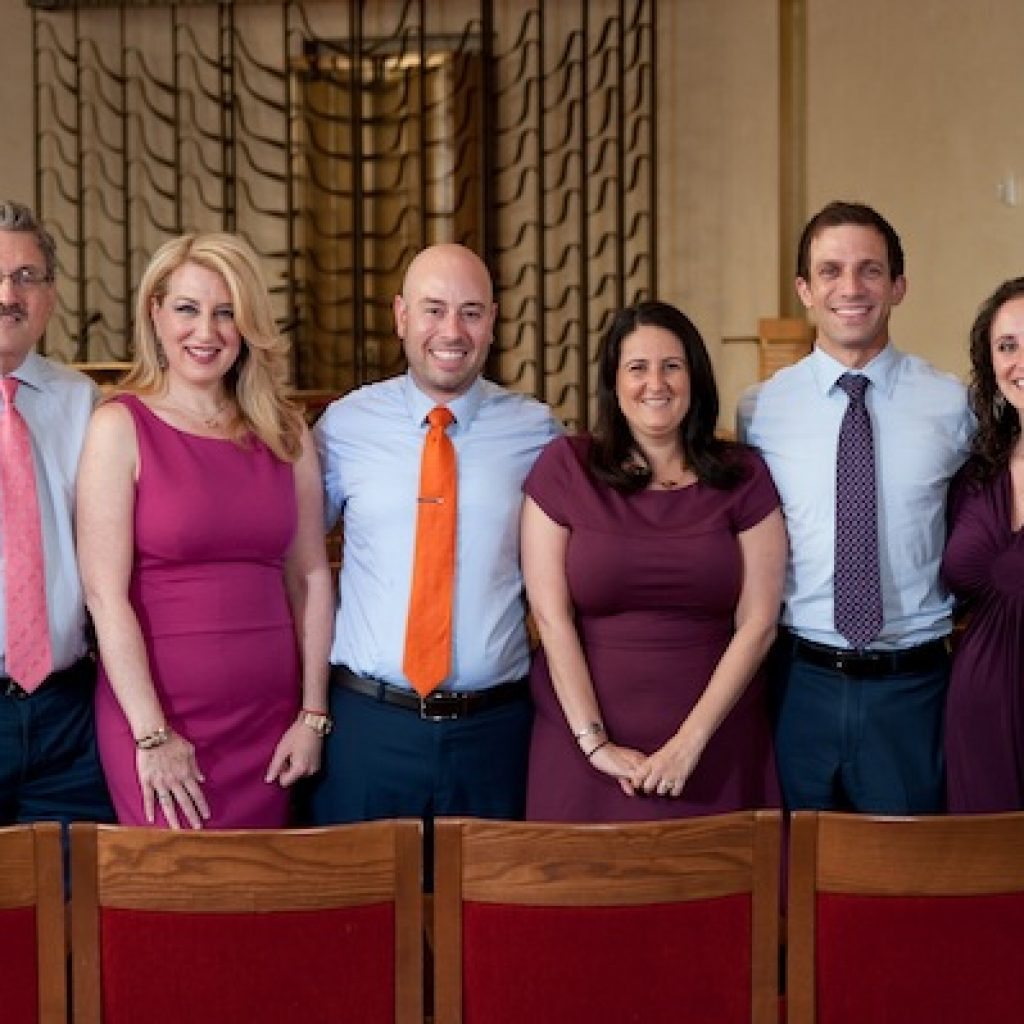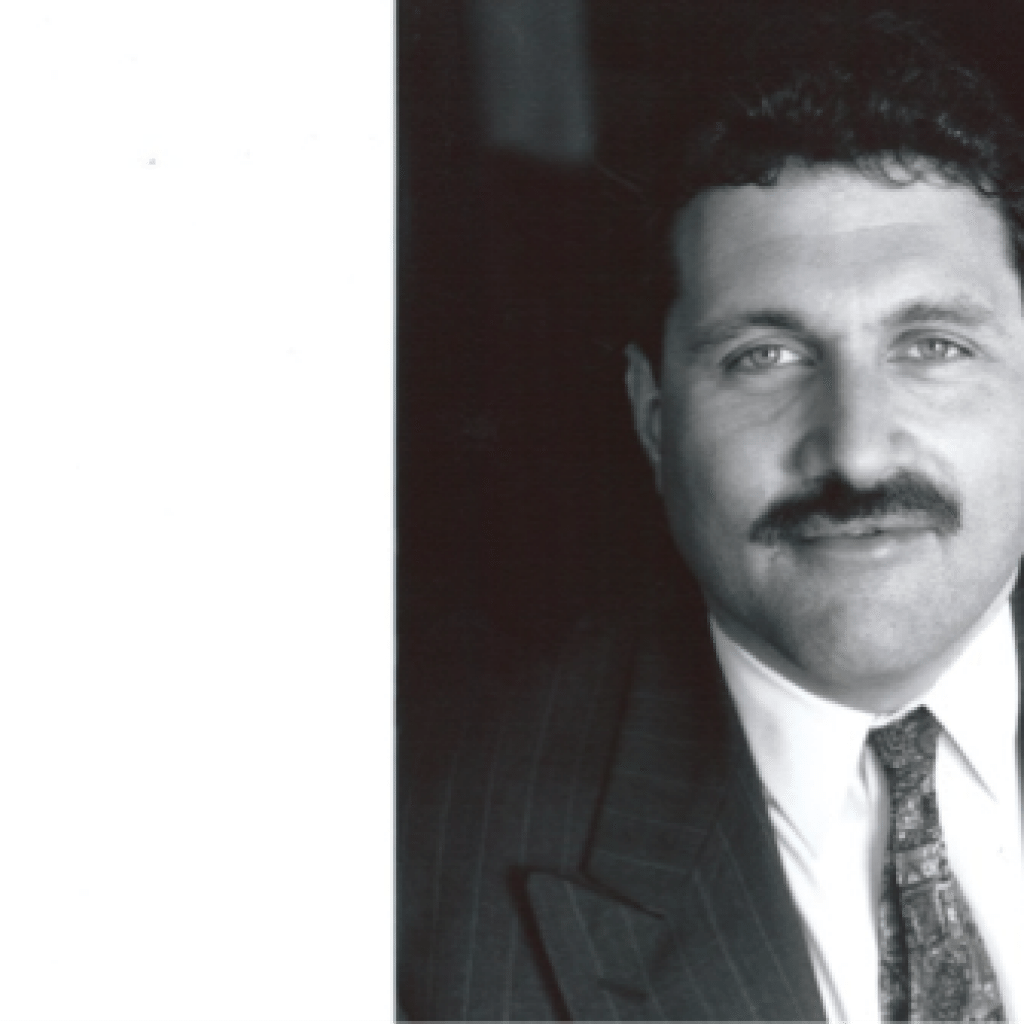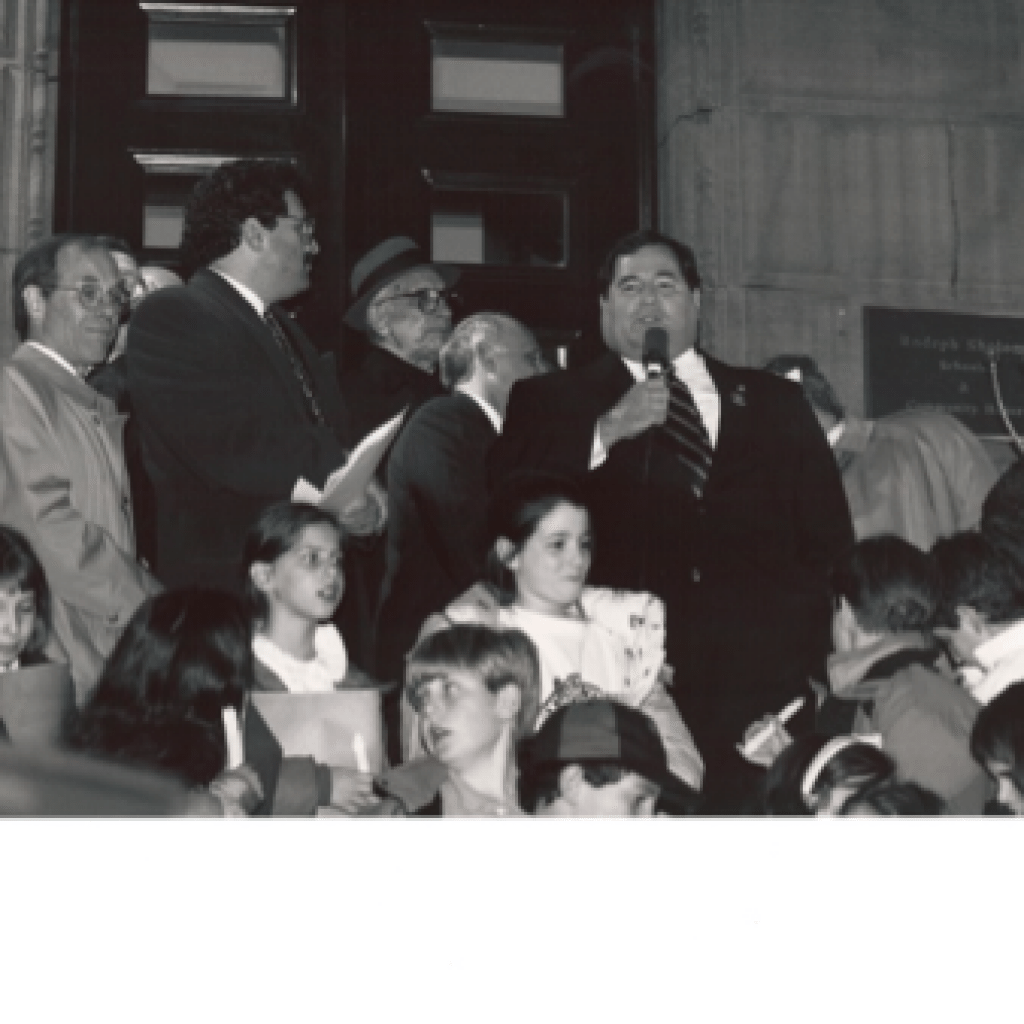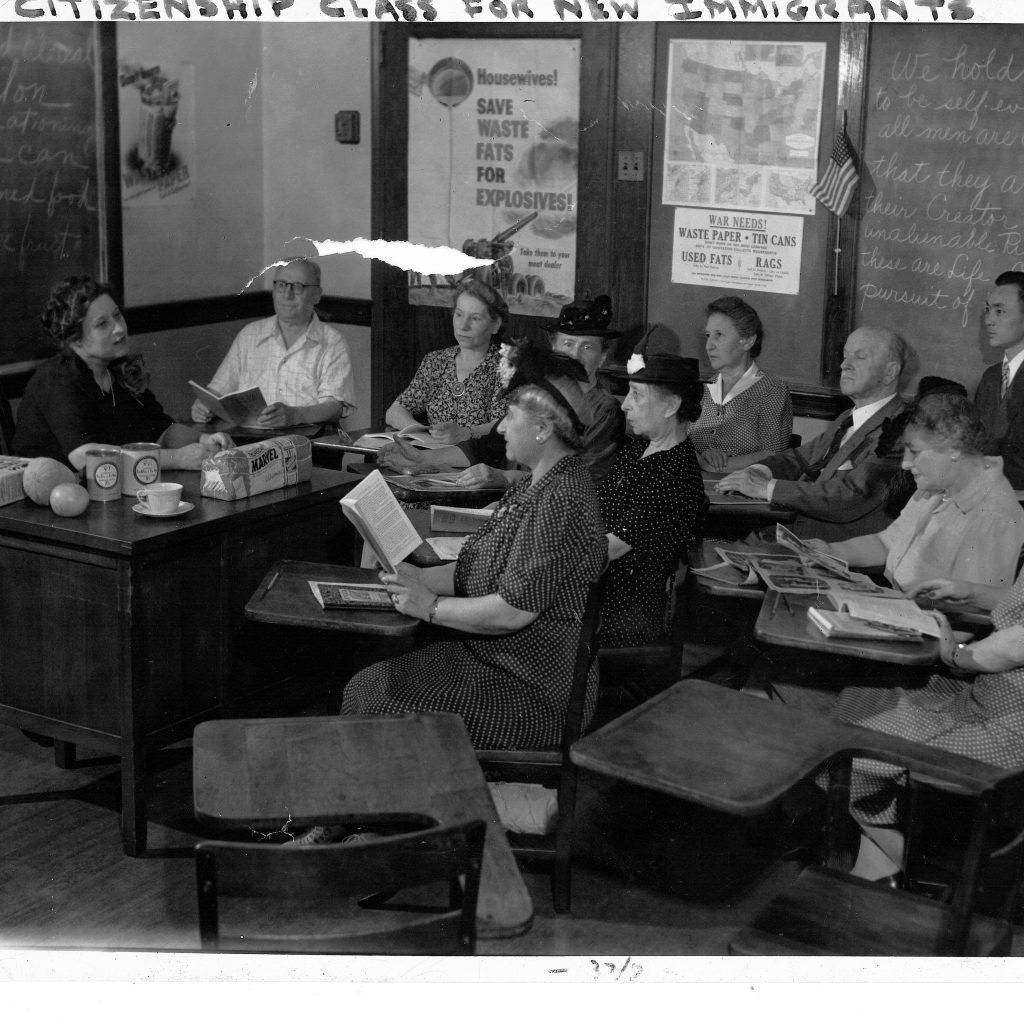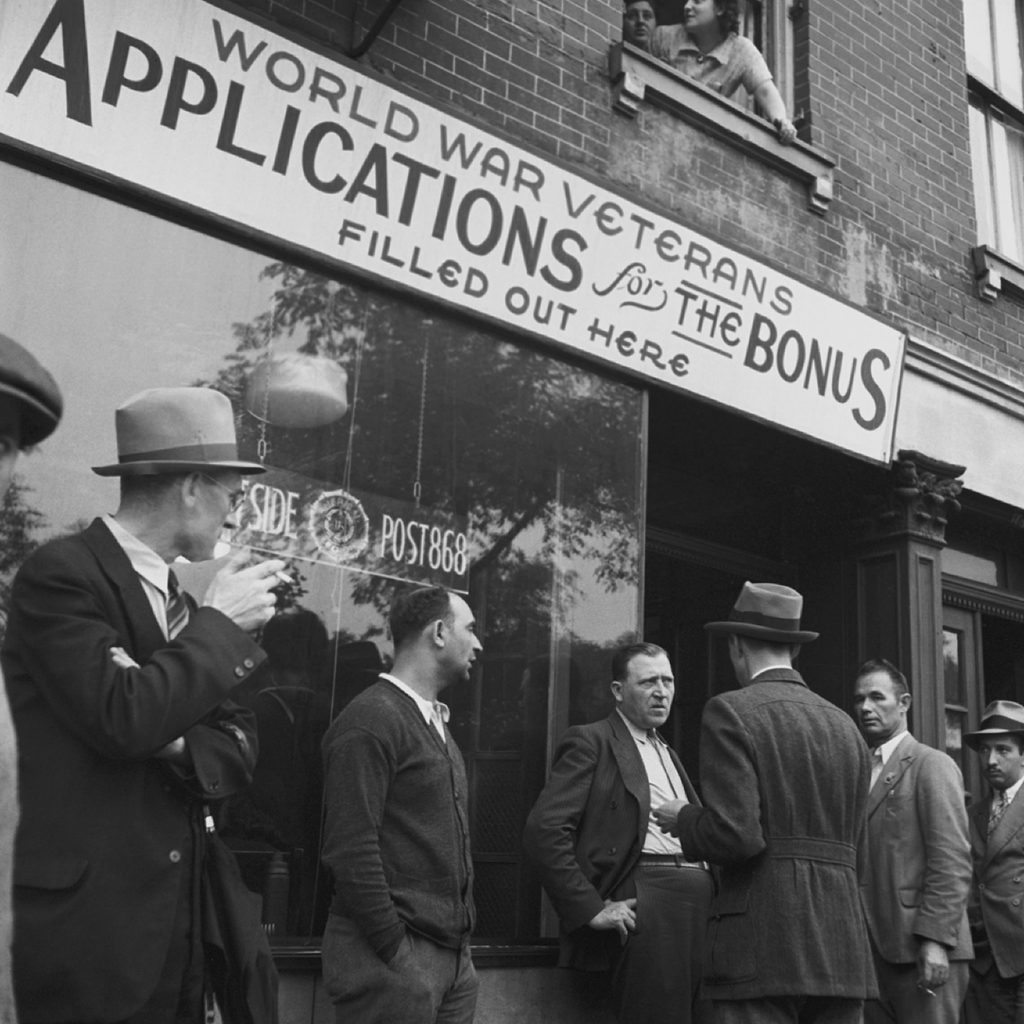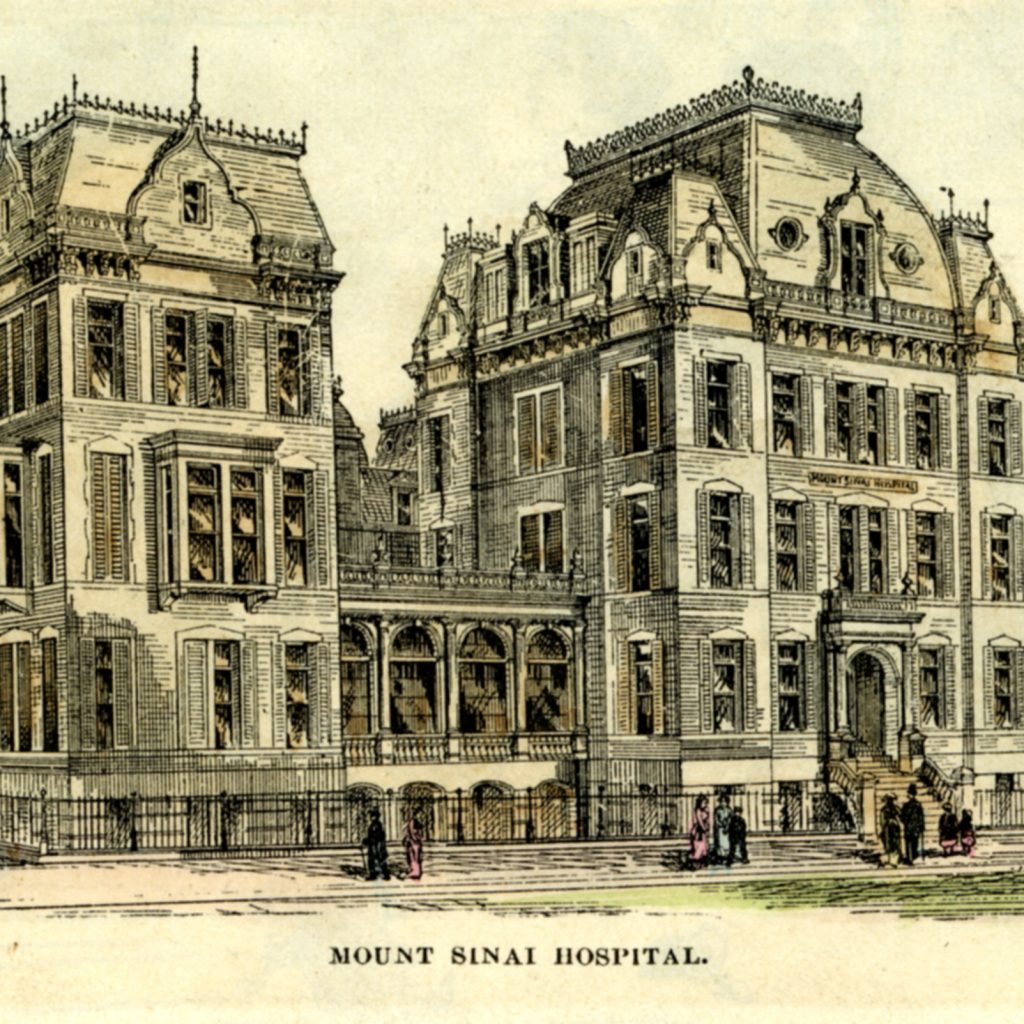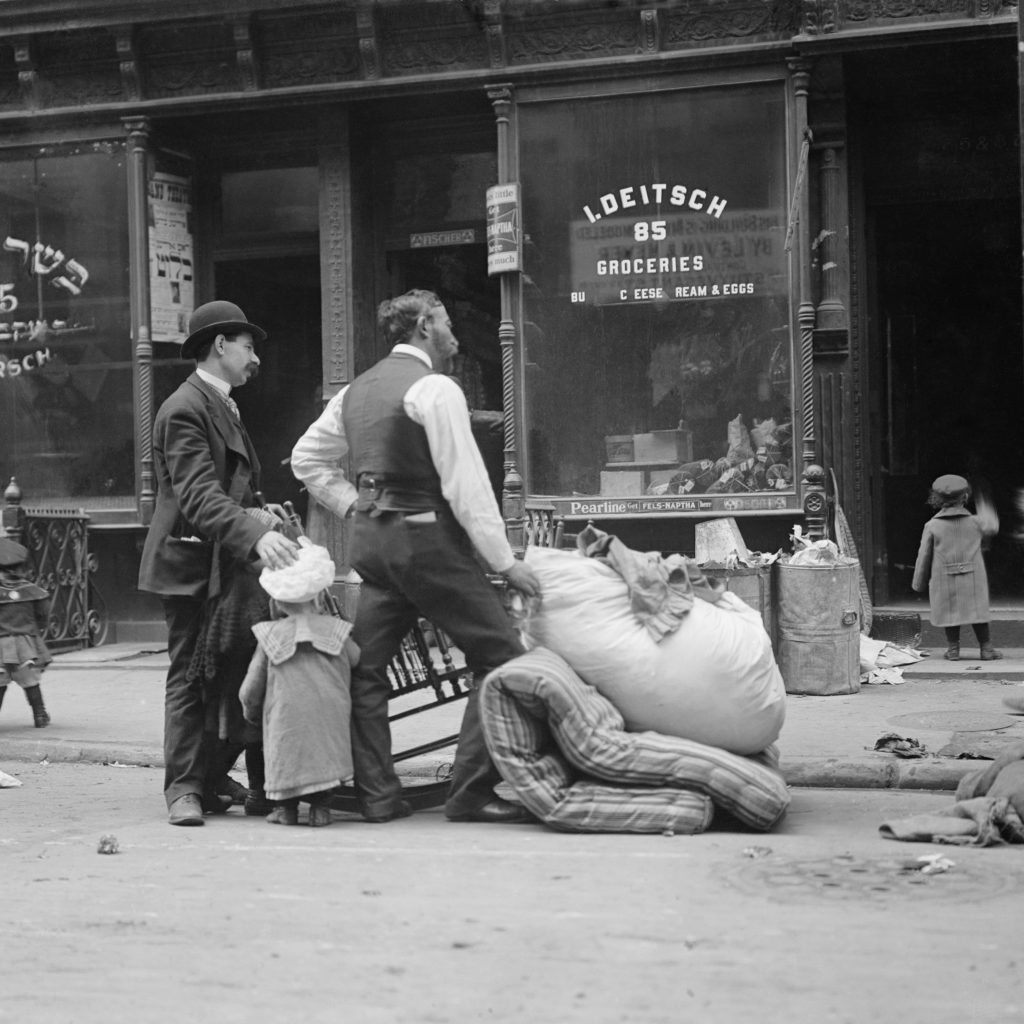The COVID-19 health crisis has brought major changes to our lives—sheltering in place, physical distancing, new routines. But this time also gives us the opportunity to start meaningful conversations with our loved ones and other important people in our lives about what matters most to each of us. We can prepare ahead of any crisis by developing an advance care plan, communicating our healthcare wishes, and completing our documentation. It may be more important now than ever.
Eternal Gifts: Praising the Lives and Legacies of Those We Have Lost – September 28, 2022
Get to know us as we walk through the New York State Healthcare Proxy
About Us
We are all concerned about receiving the medical care we need and want. What happens if you are no longer able to make health care decisions on your own behalf? New York State allows you to name an individual (as well as an alternate) whom you trust to advocate and make decisions on your behalf and to document this information in a New York State Healthcare Proxy.
- Consider what your healthcare wishes would be, decide who to designate as your healthcare agent, and communicate your wishes
- Start a conversation with family, friends or other important people in your life about their wishes
- Complete an advance directive—the New York State Healthcare Proxy, or revisit one you had previously completed
- Answer your questions and refer you to needed resources
Through a program called WHAT MATTERS, our congregation has a number of trained facilitators who can help you:
Write us at whatmatters@crsnyc.org for an individual appointment to meet virtually with a WHAT MATTERS facilitator who has been trained to walk you through this process.
OR
Register here for an online group session with WHAT MATTERS facilitators who will walk you through this process. You will be sent instructions to join a session by Zoom.
OR
Start the process by yourself. Here is a recent NY Times article by Dr. Sunita Puri with some excellent questions to get you started. Please contact a WHAT MATTERS facilitator with any questions.
Please refer to the “Things to Remember” list, below, for more information about advance care planning. You may also look at WHAT MATTERS for more information.
- Your plan will only be used if you are unable to communicate when decisions need to be made. If you regain the ability to communicate, the plan is no longer used.
- It is important to share your plans with your loved ones and other important people in your life, even if they are not your appointed decision-maker. That way, everyone is on the same page.
- It is important to select and share your wishes with an agent whom you trust and who can represent you and speak on your behalf if you became seriously ill. We can’t predict every scenario, but we can share our values and the guiding principles so they can confidently make decisions for us. If we don’t say it, they won’t know.
- You can change your choices whenever you want, communicating these changes to your health care agent and alternate, and your documents can be reviewed and updated after this crisis is over.
If you have no one to appoint as your agent, we can help you think through alternative ways to express your wishes. - You must take your completed documentation with you to the hospital so doctors will know who to call and the identity and contact information of your healthcare agent since it is unlikely that visitors will be allowed.
- It is advisable to attach to your Healthcare Proxy document a list of your medications, pre-existing conditions, and instructions about specific medical interventions.
- Social distancing measures can make it harder to have your healthcare documents witnessed. WHAT MATTERS can help you with temporary options.
- If you wish to discuss funeral wishes and pre-arrangements, please contact one of our Clergy and/or Plaza Jewish Community Chapel.
Video Archive
What Matters presents: Getting Your House in Order During COVID-19
What Matters presents: True or False: Nothing is Certain Except Death and Taxes
File of Life
Amidst Covid-19, the mitzvah of pikuach nefesh, saving a life, looms large in our lives. During the pandemic we learned in palpable ways what it means to fear for our health and to be responsible for protecting the health of others. In response to our shared trauma, we step forward in strength, resolved to protect ourselves and our communities.
The Time for “The Talk” is Now
By Laura Schellenberg Johnson, M.D.. The New York Times, 19 May 2020.
Do You Want to Die in an I.C.U.? Pandemic Makes Question All Too Real
By Paula Span. The New York Times, 24 April 2020.
CPR, by Default
By Paula Span, The New York Times, 31 January 2020.
More Americans Are Dying at Home Than in Hospitals
By Gina Kolata, The New York Times, 11 December 2019.
Get Your Digital Accounts Ready In Case of Death
By Melanie Pinola, The New York Times, 3 October 2019.
Please do not hesitate to reach out to us if you have questions or want to set up a conversation with one of our trained facilitators. The best way to get in touch with us is by emailing whatmatters@crsnyc.org.

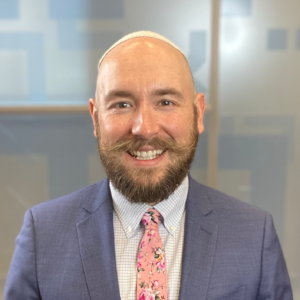

 Justin Callis (he/him), our Cantorial Intern, is a fourth-year student at Hebrew Union College-Jewish Institute of Religion in the Debbie Friedman School of Sacred Music. He is the recipient of the Reuben Peretz Abelson Prize for dedication to Yiddish Song, the Temple Israel of Boston Cantorial Prize, and the Lee Gura Memorial Prize for Aptitude in Synagogue Choral Music.
Justin Callis (he/him), our Cantorial Intern, is a fourth-year student at Hebrew Union College-Jewish Institute of Religion in the Debbie Friedman School of Sacred Music. He is the recipient of the Reuben Peretz Abelson Prize for dedication to Yiddish Song, the Temple Israel of Boston Cantorial Prize, and the Lee Gura Memorial Prize for Aptitude in Synagogue Choral Music.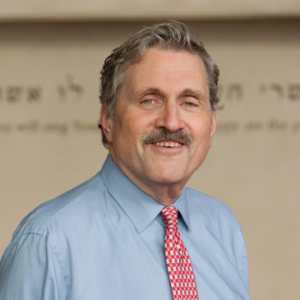



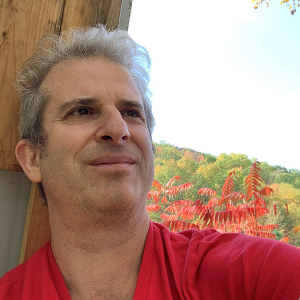

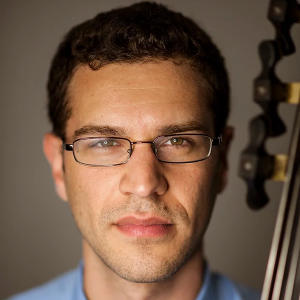

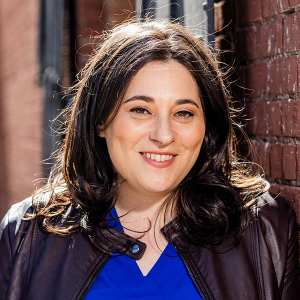


 Known for his sweet and “sumptuous” (New York Times) tone, American-born Doori Na took up violin at the age of four and began his studies with Li Lin at the San Francisco Conservatory of Music. He quickly made his first performance with orchestra at age seven with the Peninsula Youth Symphony as the first prize winner of the concerto competition. Thereafter Mr. Na went on to win top prizes in The Sound of Music Festival, The Korea Times Youth Music Competition, the Chinese Music Teacher’s Association, The Menuhin Dowling Young Artist Competition, The Junior Bach Festival, VOCE of the Music Teacher’s Association of California, and The Pacific Musical Society. Receiving full scholarships to private high school Crossroads School of Arts and Sciences in Santa Monica, he moved to Los Angeles to study with renown violin teacher, Robert Lipsett, at The Colburn Music School. There he appeared as soloist with the Palisades Symphony, Brentwood Symphony, and Torrance Symphony. During that time, the summer of 2004 was Mr. Na’s first time at the Perlman Music Program where his expression and musical identity were greatly influenced. He has been a part of the program ever since and participated in many of their special residencies in Florida, Vermont, New York, and Israel.
Known for his sweet and “sumptuous” (New York Times) tone, American-born Doori Na took up violin at the age of four and began his studies with Li Lin at the San Francisco Conservatory of Music. He quickly made his first performance with orchestra at age seven with the Peninsula Youth Symphony as the first prize winner of the concerto competition. Thereafter Mr. Na went on to win top prizes in The Sound of Music Festival, The Korea Times Youth Music Competition, the Chinese Music Teacher’s Association, The Menuhin Dowling Young Artist Competition, The Junior Bach Festival, VOCE of the Music Teacher’s Association of California, and The Pacific Musical Society. Receiving full scholarships to private high school Crossroads School of Arts and Sciences in Santa Monica, he moved to Los Angeles to study with renown violin teacher, Robert Lipsett, at The Colburn Music School. There he appeared as soloist with the Palisades Symphony, Brentwood Symphony, and Torrance Symphony. During that time, the summer of 2004 was Mr. Na’s first time at the Perlman Music Program where his expression and musical identity were greatly influenced. He has been a part of the program ever since and participated in many of their special residencies in Florida, Vermont, New York, and Israel. Violinist Michael Roth is a native of Scarsdale, NY and received his early musical training with Frances Magnes at the Hoff-Barthelson Music School. He attended Oberlin College and Conservatory, continuing his studies with Marilyn McDonald. At Oberlin, he won the Kaufman Prize for violin and First Prize in the Ohio String Teacher’s Association Competition. He completed his Master of Music degree at the University of Massachusetts where he worked with the distinguished American violinist and pedagogue Charles Treger and was a recipient of the Julian Olevsky Award. Mr. Roth is currently associate concertmaster of the New York City Ballet Orchestra and has appeared in chamber music and as a soloist with the company, most recently in the debut of “Slice Too Sharp”, a ballet of Biber and Vivaldi violin concerti, and “After the Rain”, violin music of Arvo Part. In addition he is a member of the Mostly Mozart Festival Orchestra, Principal 2nd violin of the Westchester Philharmonic, the American Composers Orchestra and the New York Pops. He was concertmaster of the Vermont Mozart Festival Orchestra for many years and often appeared as soloist there, as well as at the Caramoor and Bard Music Festivals. He has played and toured internationally with the Orpheus Chamber Orchestra and the New York Chamber Soloists.
Violinist Michael Roth is a native of Scarsdale, NY and received his early musical training with Frances Magnes at the Hoff-Barthelson Music School. He attended Oberlin College and Conservatory, continuing his studies with Marilyn McDonald. At Oberlin, he won the Kaufman Prize for violin and First Prize in the Ohio String Teacher’s Association Competition. He completed his Master of Music degree at the University of Massachusetts where he worked with the distinguished American violinist and pedagogue Charles Treger and was a recipient of the Julian Olevsky Award. Mr. Roth is currently associate concertmaster of the New York City Ballet Orchestra and has appeared in chamber music and as a soloist with the company, most recently in the debut of “Slice Too Sharp”, a ballet of Biber and Vivaldi violin concerti, and “After the Rain”, violin music of Arvo Part. In addition he is a member of the Mostly Mozart Festival Orchestra, Principal 2nd violin of the Westchester Philharmonic, the American Composers Orchestra and the New York Pops. He was concertmaster of the Vermont Mozart Festival Orchestra for many years and often appeared as soloist there, as well as at the Caramoor and Bard Music Festivals. He has played and toured internationally with the Orpheus Chamber Orchestra and the New York Chamber Soloists. Sarah Adams, viola, performs locally with the New York Chamber Ensemble, the Claring Chamber Players, the Sherman Chamber Ensemble, the Friends of Mozart, and the Saratoga Chamber Players.
Sarah Adams, viola, performs locally with the New York Chamber Ensemble, the Claring Chamber Players, the Sherman Chamber Ensemble, the Friends of Mozart, and the Saratoga Chamber Players.
 Praised by the New York Times as “irresistible in both music and performance.” flutist,
Praised by the New York Times as “irresistible in both music and performance.” flutist, 


 Rabbi Mira Weller (she/her) received her ordination at Hebrew Union College-Jewish Institute of Religion in Los Angeles in May 2022. She studied Culture and Politics at Georgetown University’s School of Foreign Service and received her Master’s in Jewish Education at the Rhea Hirsch School of Education at HUC-JIR. She is the proud recipient of awards for her studies in rabbinic literature, her work in Jewish education, and she was granted the Myrtle Lorch Pfaelzer-Monroe Pfaelzer Award for an Outstanding Female Rabbinical School Student (2022). Rabbi Mira speaks Hebrew and Spanish (so please practice with her!). She has a passion for uncovering new possibilities in the great wealth of our tradition and for making music inspired by Judaism’s many cultures. Her guilty pleasures include cupcakes, classical music, and philosophy.
Rabbi Mira Weller (she/her) received her ordination at Hebrew Union College-Jewish Institute of Religion in Los Angeles in May 2022. She studied Culture and Politics at Georgetown University’s School of Foreign Service and received her Master’s in Jewish Education at the Rhea Hirsch School of Education at HUC-JIR. She is the proud recipient of awards for her studies in rabbinic literature, her work in Jewish education, and she was granted the Myrtle Lorch Pfaelzer-Monroe Pfaelzer Award for an Outstanding Female Rabbinical School Student (2022). Rabbi Mira speaks Hebrew and Spanish (so please practice with her!). She has a passion for uncovering new possibilities in the great wealth of our tradition and for making music inspired by Judaism’s many cultures. Her guilty pleasures include cupcakes, classical music, and philosophy.
 Based in New York since 2001, South African-born pianist, composer and producer has performed on four continents in leading venues such as Carnegie Hall, had her original music performed in venues such as New York’s Lincoln Center, appeared on a host of recordings of classical, world music and multi-genre recordings and produced numerous recordings and inter-disciplinary programs from Cape Town to Los Angeles. She has created her own unique language at the piano, made up of techniques she developed and experimented with to expand the piano into a full electro – acoustic orchestra.
Based in New York since 2001, South African-born pianist, composer and producer has performed on four continents in leading venues such as Carnegie Hall, had her original music performed in venues such as New York’s Lincoln Center, appeared on a host of recordings of classical, world music and multi-genre recordings and produced numerous recordings and inter-disciplinary programs from Cape Town to Los Angeles. She has created her own unique language at the piano, made up of techniques she developed and experimented with to expand the piano into a full electro – acoustic orchestra. Alan Goodis is a touring Jewish musician playing over 150 events a year. Born and raised in Toronto, Alan is a proud product of URJ Goldman Union Camp Institute. Noted for his dedication to building relationships and community through music, Alan tours throughout the US to serve as an Artist-In-Residence and performer at Temples, Youth Conventions and Jewish summer camps.
Alan Goodis is a touring Jewish musician playing over 150 events a year. Born and raised in Toronto, Alan is a proud product of URJ Goldman Union Camp Institute. Noted for his dedication to building relationships and community through music, Alan tours throughout the US to serve as an Artist-In-Residence and performer at Temples, Youth Conventions and Jewish summer camps. Julie Silver is one of the most celebrated and beloved performers in the world of contemporary Jewish music today. She tours throughout the world, and has been engaging audiences with her gorgeous compositions and liturgical settings, her lyrical guitar playing, her dynamic stage presence, and her megawatt smile for over 25 years.
Julie Silver is one of the most celebrated and beloved performers in the world of contemporary Jewish music today. She tours throughout the world, and has been engaging audiences with her gorgeous compositions and liturgical settings, her lyrical guitar playing, her dynamic stage presence, and her megawatt smile for over 25 years. Dan is a product of the URJ Jewish camping movement. He has toured Jewish summer camps across North America for the last 15 years. A classically trained singer, Dan received his Bachelor of Music degree in vocal performance at the University of North Carolina. In 1995, realizing the potential of music to make powerful connections with Jewish youth, Dan established the Jewish rock band Eighteen. Since that time, Dan and Eighteen have released 13 albums. Songs like, L’takein, B’tzelem Elo-him, Kehillah Kedoshah, Chazak, Sweet As Honey, and Asher Yatzar have become Jewish communal anthems throughout North America.
Dan is a product of the URJ Jewish camping movement. He has toured Jewish summer camps across North America for the last 15 years. A classically trained singer, Dan received his Bachelor of Music degree in vocal performance at the University of North Carolina. In 1995, realizing the potential of music to make powerful connections with Jewish youth, Dan established the Jewish rock band Eighteen. Since that time, Dan and Eighteen have released 13 albums. Songs like, L’takein, B’tzelem Elo-him, Kehillah Kedoshah, Chazak, Sweet As Honey, and Asher Yatzar have become Jewish communal anthems throughout North America. Naomi Less is an internationally celebrated singer/songwriter, ritualist and educator. Beloved for her warm smile and inviting presence, communities celebrate her imagination and innovation, tenderness and pizzazz! Her original music is sung in worship communities worldwide. Naomi serves as Co-Founder, Ritual Leader and Associate Director of Lab/Shul and is a leader in amplifying women’s voices through her work at Songleader Boot Camp and her Jewish Women Rock show on Jewish Rock Radio. Naomiadvocates for people struggling with fertility journeys as a performance artist and speaker for Uprooted: A Jewish Response to Fertility Challenges. Fun fact: Naomi and her husband wrote the song shine/Yivarech’cha, a Friday night blessing, specifically composed for URJ Crane Lake Camp, sung every Friday night in the dining hall.
Naomi Less is an internationally celebrated singer/songwriter, ritualist and educator. Beloved for her warm smile and inviting presence, communities celebrate her imagination and innovation, tenderness and pizzazz! Her original music is sung in worship communities worldwide. Naomi serves as Co-Founder, Ritual Leader and Associate Director of Lab/Shul and is a leader in amplifying women’s voices through her work at Songleader Boot Camp and her Jewish Women Rock show on Jewish Rock Radio. Naomiadvocates for people struggling with fertility journeys as a performance artist and speaker for Uprooted: A Jewish Response to Fertility Challenges. Fun fact: Naomi and her husband wrote the song shine/Yivarech’cha, a Friday night blessing, specifically composed for URJ Crane Lake Camp, sung every Friday night in the dining hall. Her destiny became obvious to Joanie Leeds’ parents when, at the tender age of 2, Joanie grabbed the performer’s mic at a party and belted out the entire song“Tomorrow” from Annie. Jaws dropped! No one could remember ever hearing a big voice like that coming from one so tiny and certainly no one would have thought she would one day earn a GRAMMY® Award for her original music.
Her destiny became obvious to Joanie Leeds’ parents when, at the tender age of 2, Joanie grabbed the performer’s mic at a party and belted out the entire song“Tomorrow” from Annie. Jaws dropped! No one could remember ever hearing a big voice like that coming from one so tiny and certainly no one would have thought she would one day earn a GRAMMY® Award for her original music. A composer, multi-instrumentalist, and prayer leader, Elana Arian is one of the leading voices in contemporary Jewish music. Elana’s music is part of Jewish life across the globe, and her compositions are sung in spiritual communities, summer camps, and synagogues from Louisville to London, from Chicago to the CzechRepublic, and everywhere in between. Elana just released her fourth album of original music, The Other Side of Fear, and her compositions have been published in countless Transcontinental Music collections. Elana serves proudly on the faculty of Hava Nashira (Oconomowoc, WI), the Wexner Heritage Foundation (Aspen, CO), Shirei Chagiga (London, England), and as an instructor at the Hebrew Union College in New York, where she teaches in the Debbie Friedman School of Sacred Music. Elana has performed at Carnegie Hall, Lincoln Center, Tanglewood, and perhaps most memorably, five separate appearances at the (Obama) White House. She lives in New York with her wife, Julia, and their two daughters, Maya and Acadia.
A composer, multi-instrumentalist, and prayer leader, Elana Arian is one of the leading voices in contemporary Jewish music. Elana’s music is part of Jewish life across the globe, and her compositions are sung in spiritual communities, summer camps, and synagogues from Louisville to London, from Chicago to the CzechRepublic, and everywhere in between. Elana just released her fourth album of original music, The Other Side of Fear, and her compositions have been published in countless Transcontinental Music collections. Elana serves proudly on the faculty of Hava Nashira (Oconomowoc, WI), the Wexner Heritage Foundation (Aspen, CO), Shirei Chagiga (London, England), and as an instructor at the Hebrew Union College in New York, where she teaches in the Debbie Friedman School of Sacred Music. Elana has performed at Carnegie Hall, Lincoln Center, Tanglewood, and perhaps most memorably, five separate appearances at the (Obama) White House. She lives in New York with her wife, Julia, and their two daughters, Maya and Acadia. Known for his unique, engaging, and deeply soulful approach, Noah Aronson is considered one of the most sought after Jewish musicians in North America, making over 65 community appearances each year.
Known for his unique, engaging, and deeply soulful approach, Noah Aronson is considered one of the most sought after Jewish musicians in North America, making over 65 community appearances each year. There is a reason why Time Magazine has listed Michelle in their Top Ten list of Jewish rock stars.
There is a reason why Time Magazine has listed Michelle in their Top Ten list of Jewish rock stars. Kol B’Seder has been composing and performing contemporary Jewish music since the early1970s. Rabbi Dan Freelander and Cantor Jeff Klepper met as college students; over the past 50years they have released numerous CDs and songbooks. With Debbie Friedman (z”l) and others, they forged a new musical sound for American Jewish camps, schools and synagogues. Their songs, such as “Shalom Rav,” “Modeh Ani,” and “Lo Alecha,” have become traditionalJewish melodies around the world. They are delighted to be inaugurating their fiftieth anniversary celebration by appearing in support of URJ camps, where they first composed and incubated many of their early songs.
Kol B’Seder has been composing and performing contemporary Jewish music since the early1970s. Rabbi Dan Freelander and Cantor Jeff Klepper met as college students; over the past 50years they have released numerous CDs and songbooks. With Debbie Friedman (z”l) and others, they forged a new musical sound for American Jewish camps, schools and synagogues. Their songs, such as “Shalom Rav,” “Modeh Ani,” and “Lo Alecha,” have become traditionalJewish melodies around the world. They are delighted to be inaugurating their fiftieth anniversary celebration by appearing in support of URJ camps, where they first composed and incubated many of their early songs.
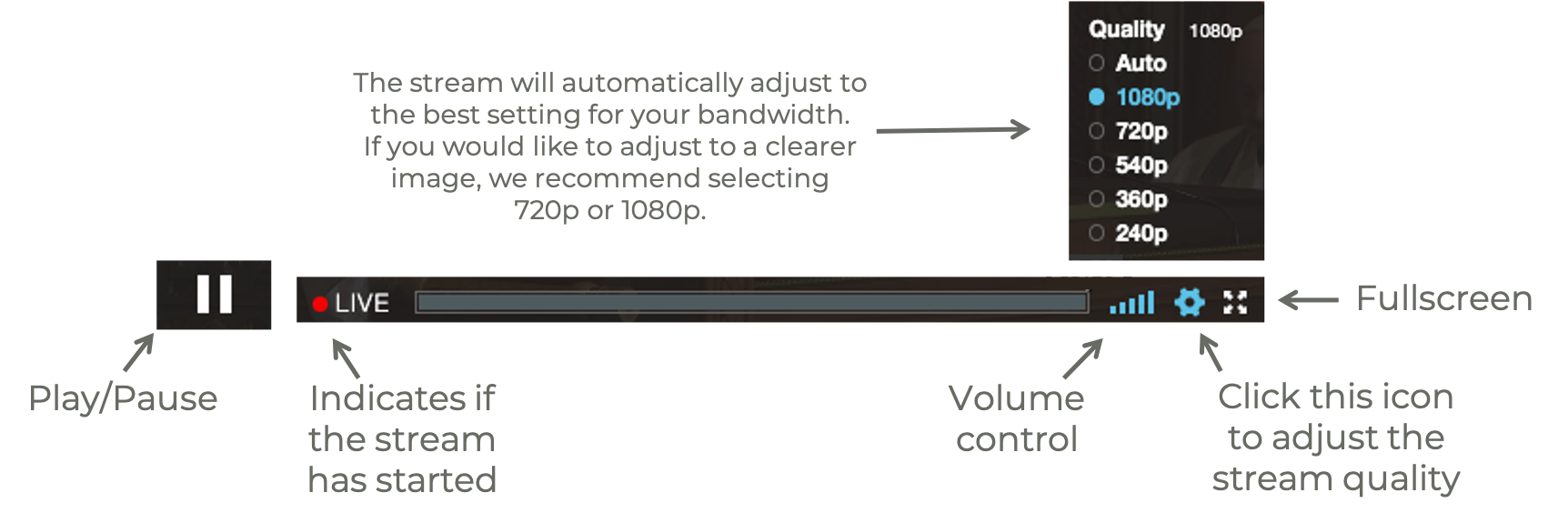
 New York bassist Roger Wagner enjoys a long and diverse career. As soloist, chamber musician, and orchestral bassist, Mr. Wagner has appeared on many of the world’s great concert stages.
New York bassist Roger Wagner enjoys a long and diverse career. As soloist, chamber musician, and orchestral bassist, Mr. Wagner has appeared on many of the world’s great concert stages.


 Margaret Kampmeier,
Margaret Kampmeier,  Leonard Bernstein described
Leonard Bernstein described  Sarah Adams
Sarah Adams  Michael Roth
Michael Roth






 Our initiative for young children and their grown-ups provides a slate of offerings including Shabbat and holiday celebrations, music, classroom readiness programs, and new parent experiences. During the pandemic, we have leaned on $1m of seed funding for Sholom Sprouts established through this campaign as we offer age-appropriate virtual programs for our families with young children, who are the future of our community. We look forward to welcoming our littlest members and their grown-ups back to our new fifth floor, as well as hiring a Program Assistant to increase the capacity of Sholom Sprouts to grow. This program provides a crucial entry-point to the congregation and membership for young families.
Our initiative for young children and their grown-ups provides a slate of offerings including Shabbat and holiday celebrations, music, classroom readiness programs, and new parent experiences. During the pandemic, we have leaned on $1m of seed funding for Sholom Sprouts established through this campaign as we offer age-appropriate virtual programs for our families with young children, who are the future of our community. We look forward to welcoming our littlest members and their grown-ups back to our new fifth floor, as well as hiring a Program Assistant to increase the capacity of Sholom Sprouts to grow. This program provides a crucial entry-point to the congregation and membership for young families.


